Your cart is currently empty!
Category: Culture
Benefits of Miso for your Health
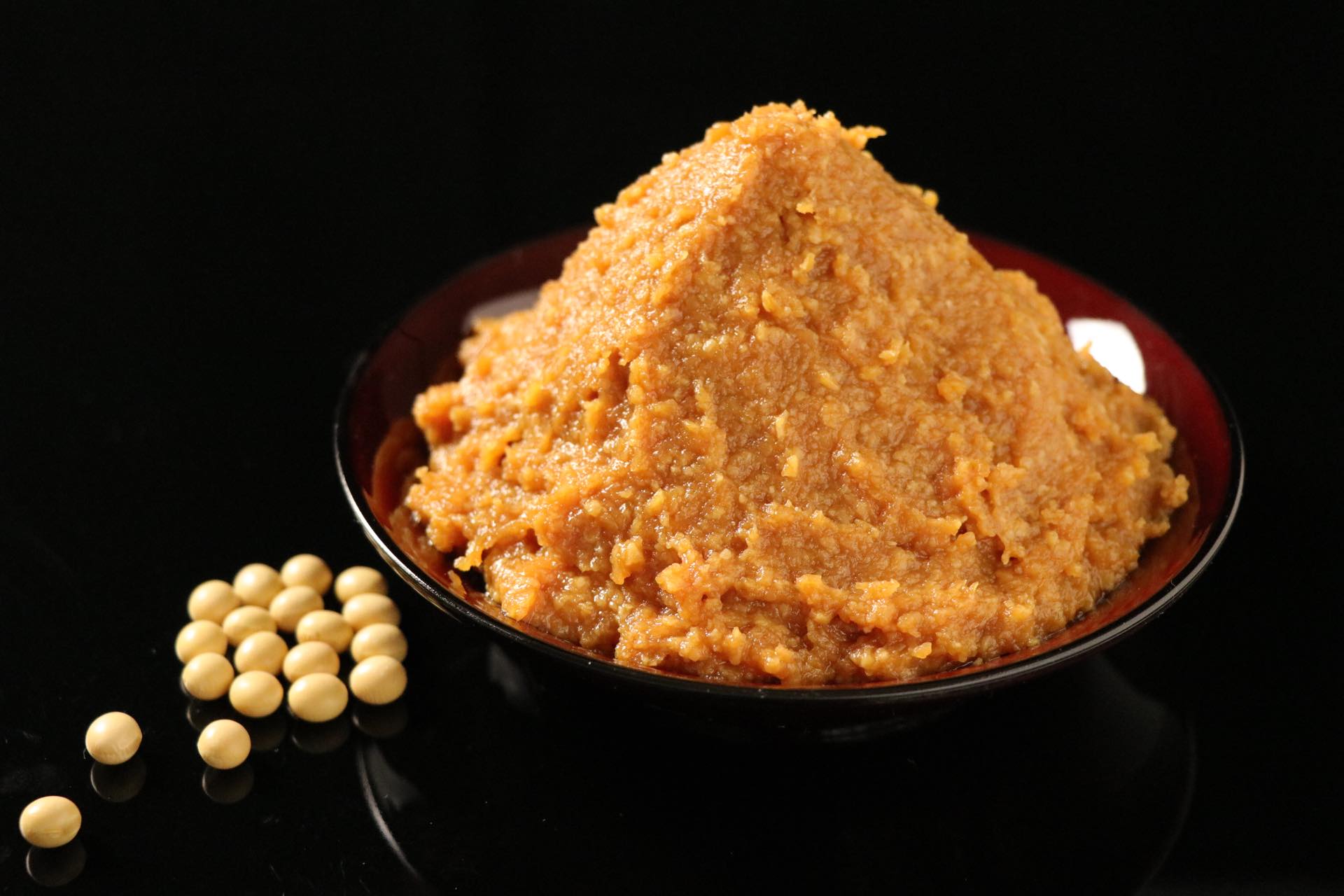
Miso (味噌) is made from soybeans and salt and kōji ( Aspergillus oryzae fungus) resulting in a thick paste used for sauces and spreads, to pickle vegetables, fish or meat and also to make Miso Soup known in Japan as Misoshiru (味噌汁) Miso is a staple of Japanese cuisine and is rich in protein and… Read more
Emotion, Tradition and Archery at the Takadanobaba Yabusame Festival
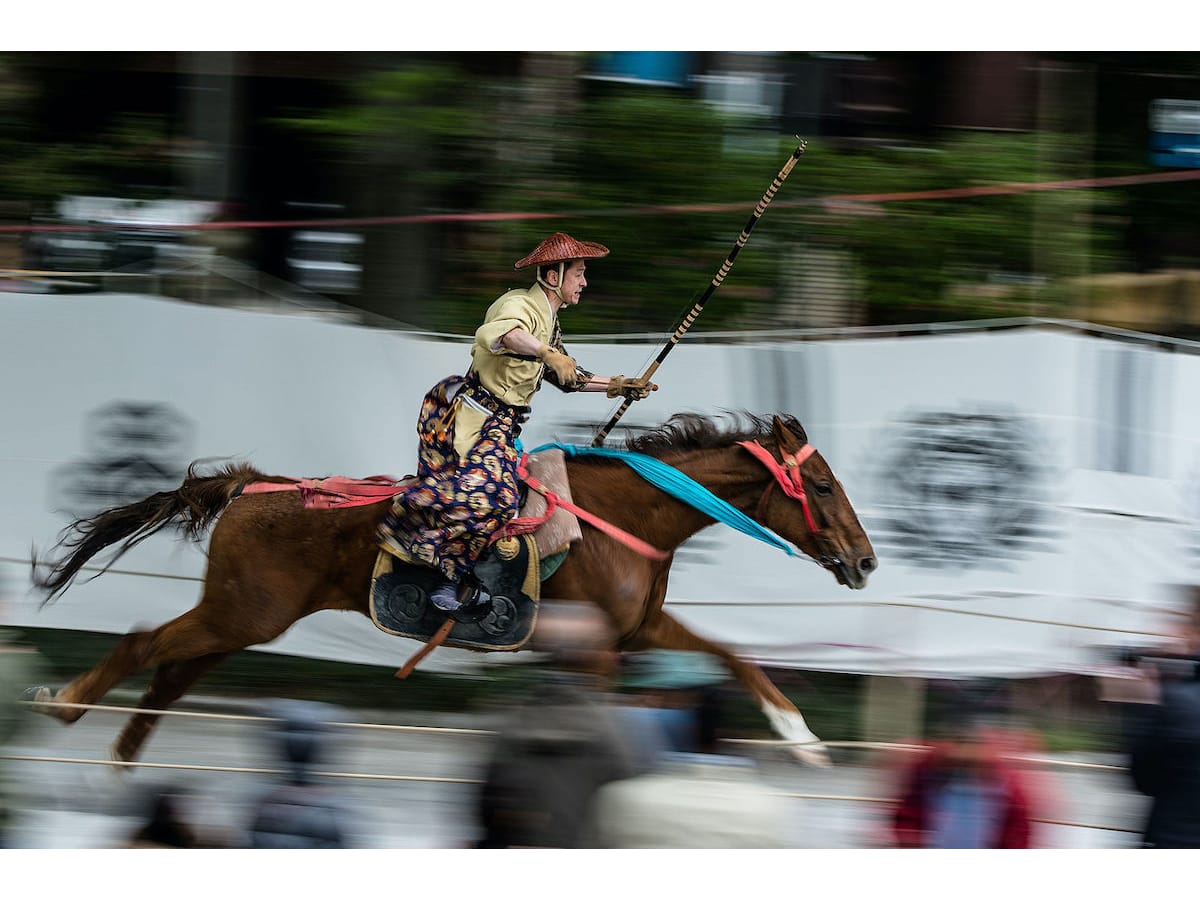
If the horse riding events of the Olympics left you wanting more, you can treat yourself to a festival of Yabusame (流鏑馬), traditional Japanese horseback archery. Although it is possible to enjoy Yabusame festivals in various places in Japan, the Toyama Park festival in Tokyo is one of the most famous. Every year in mid-October,… Read more
Kintsugi – The art of mending with gold
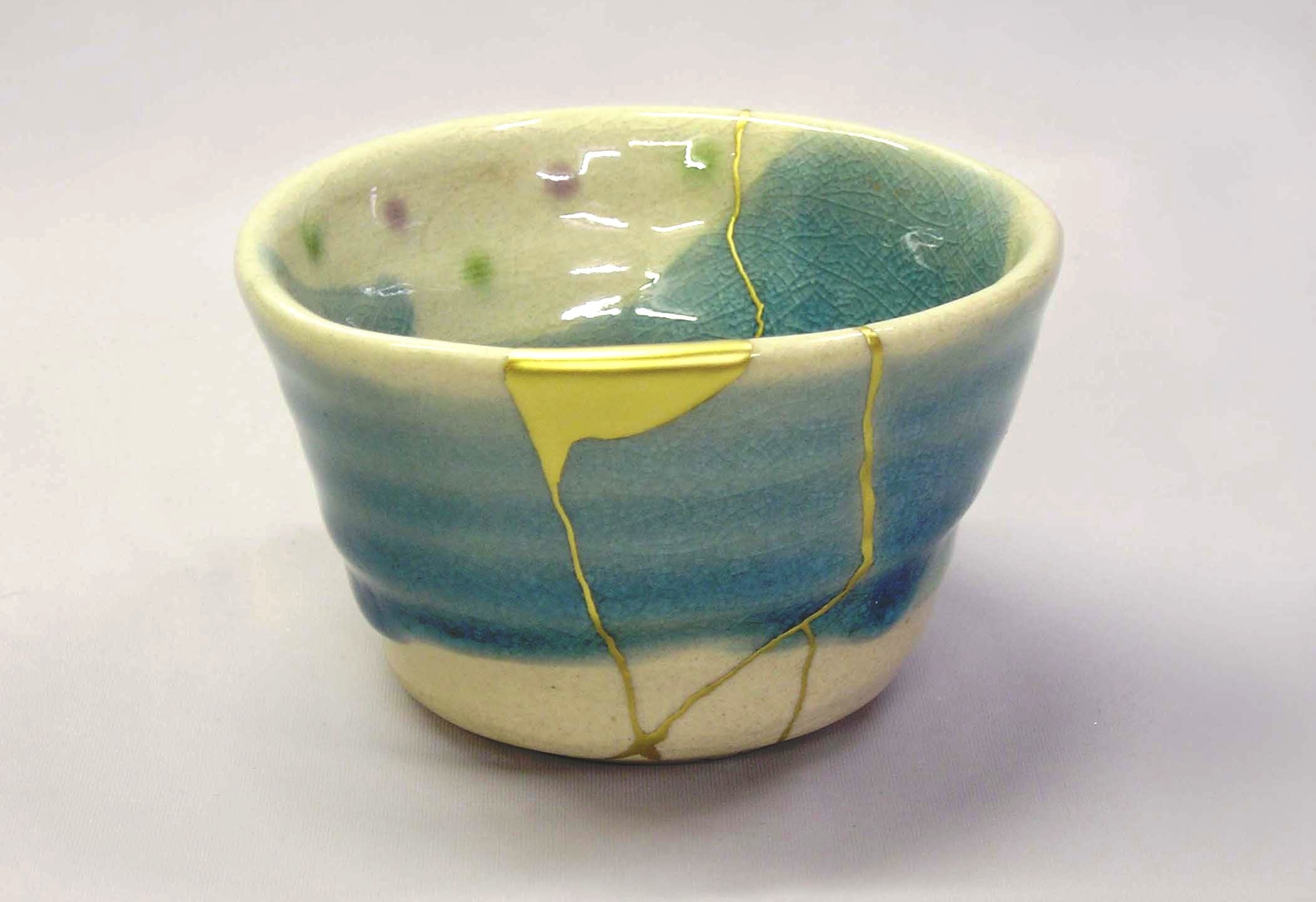
Kintsugi金継ぎ is a traditional Japanese technique for repairing broken pottery, glassware, etc. using gold since “kin” means “gold” and “tsugi” means “joint or splice” . Although gold is used in its repair, the material that is mainly used is a lacquer known as urushi , which is made from the sap of the urushi tree… Read more
Chingodo in Asakusa: a Shrine dedicated to Tanuki
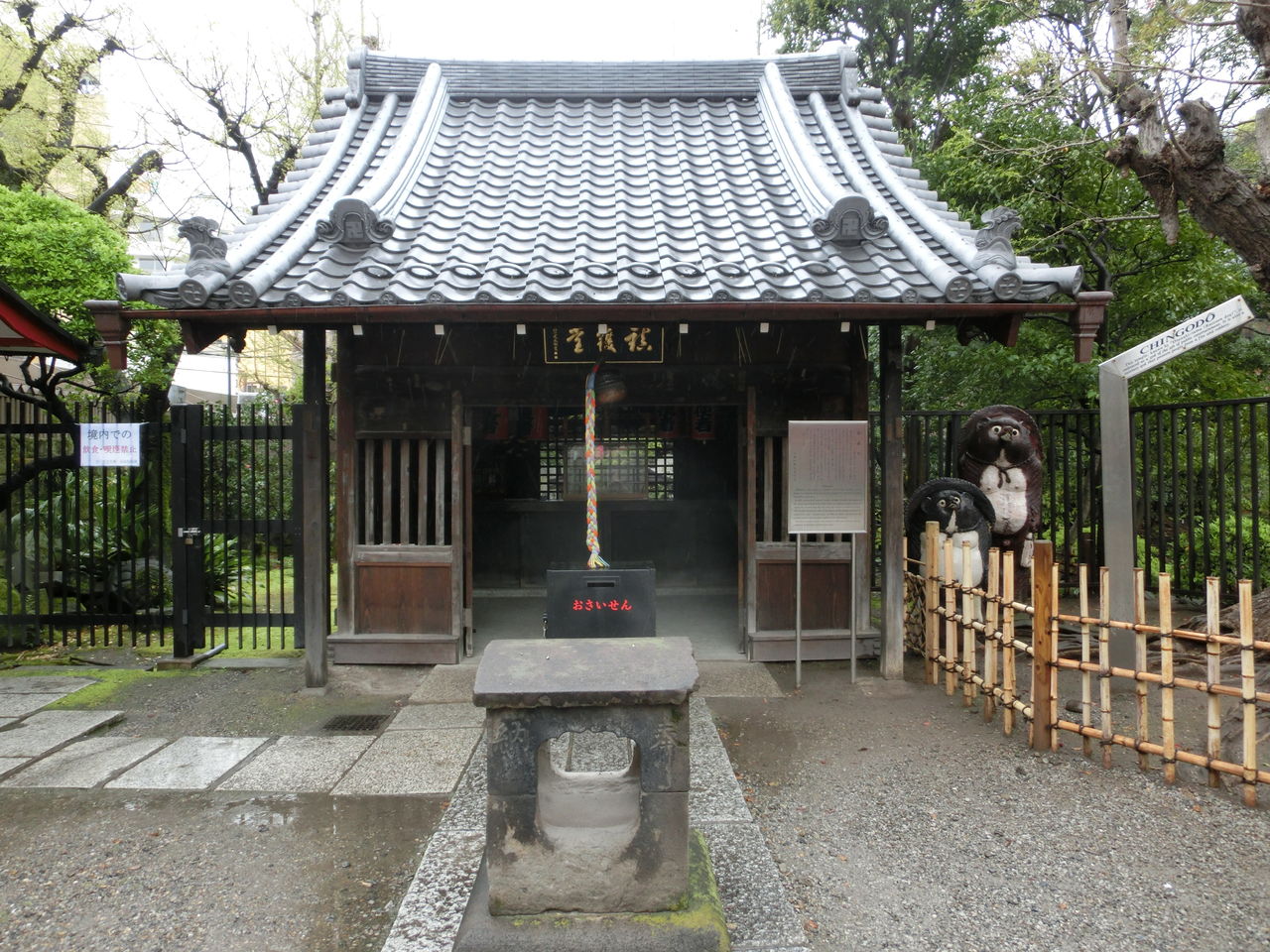
Chingodō (鎮護堂) is a small Shinto shrine in Asakusa that is dedicated to Tanuki (狸), a small, furry animal that is a pillar of Japanese folklore, considered a sacred animal. Such is the reverence accorded to these animals that the shrine is sometimes called Otanuki-sama, (お狸様, Honorable Mr. Tanuki). Tanuki are a small, short-legged animal… Read more
Superstitions and Curiosities of Japan

Every culture has its own very unique set of superstitions, and with its rich mythology, Japan is no exception. Here are some Japanese superstitions that will certainly surprise you, and maybe even scare you a little! Don’t whistle at night! They say that if you whistle at night, snakes will come out. There are two… Read more
Obon – Festival of welcoming the spirits of the ancestors
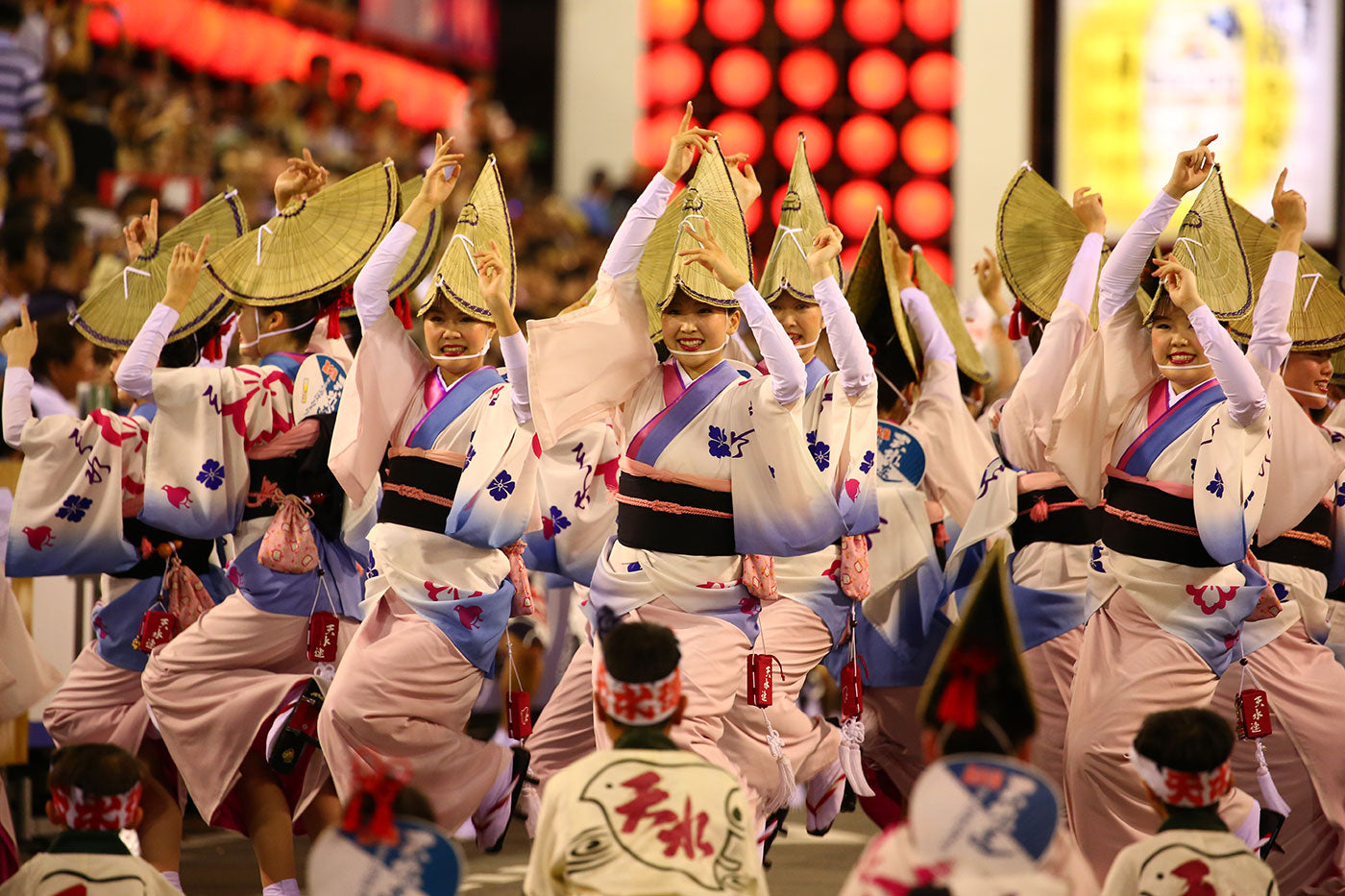
Obon (お盆) is an annual Buddhist event to honor the ancestors. It is believed that every year during Obon , the spirits of the ancestors return to this world to visit their relatives. Traditionally, lanterns are hung in front of houses to guide the spirits of ancestors, obon (bon odori) dances are performed, graves are… Read more
Ma – Absence Gives Meaning To Existence
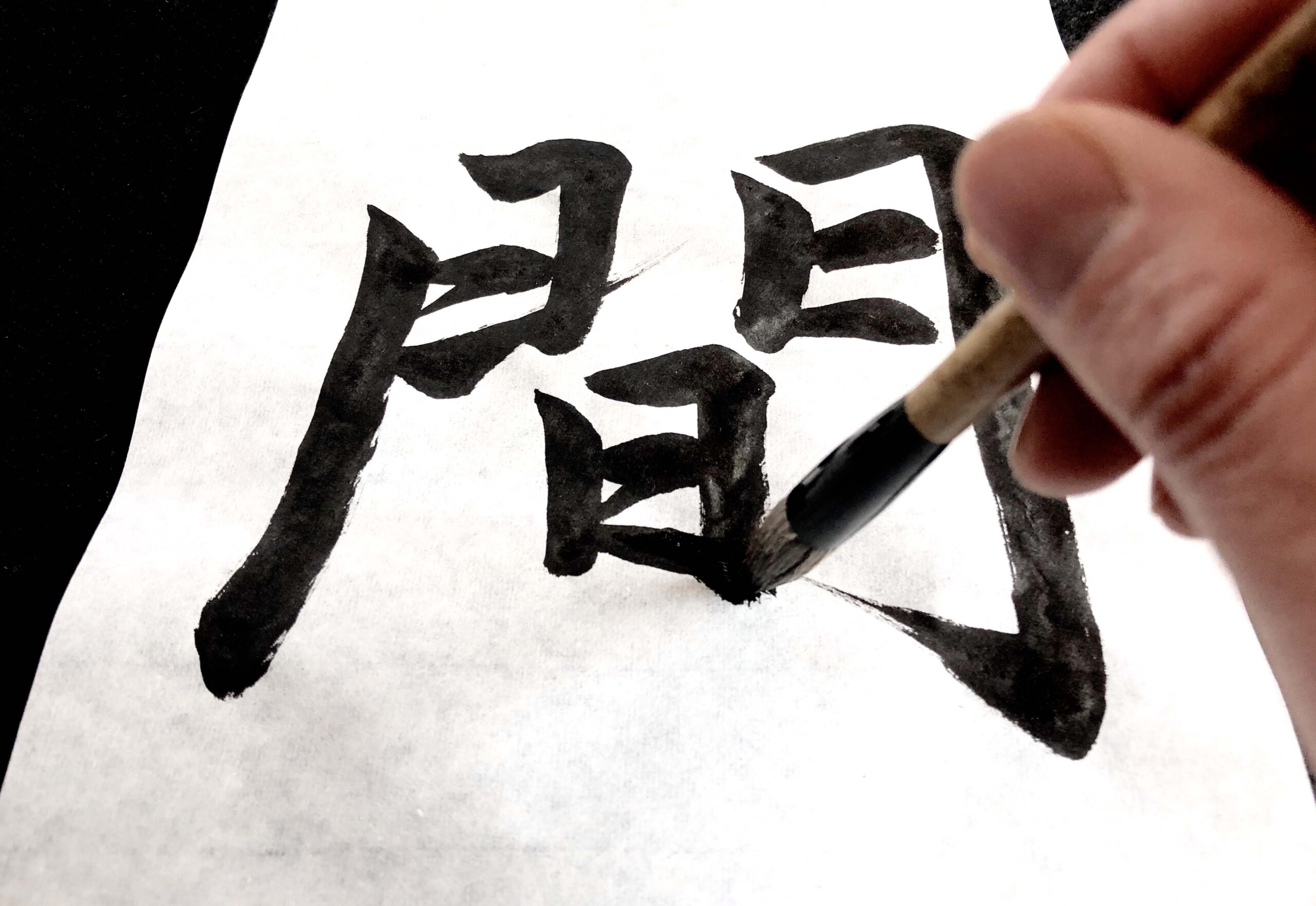
The Japanese concept of Ma is related to all aspects of life. It can be described as a pause in time, an interval or void in space. Ma is the fundamental time and space that life needs to grow. If we don’t have time and our space is limited, we cannot grow. How we use… Read more
The Secrets of the Ojigi, The Act of Expressing with the Bowing
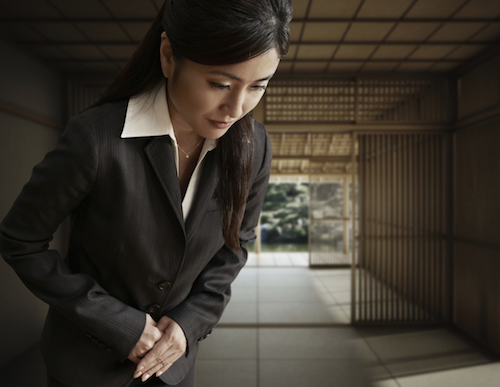
Ojigi is the act of bowing or lowering the head and upper back, typically used as a greeting, bow, apology, or gratitude in social and religious situations. Historically, the ojigi was closely linked to samurai culture. During the Kamakura period (1185 to 1333) there was a growth in the figures of samurai warriors, which led… Read more
Be a SAMURAI today! / Codes of Bushido in your Life JAPAN
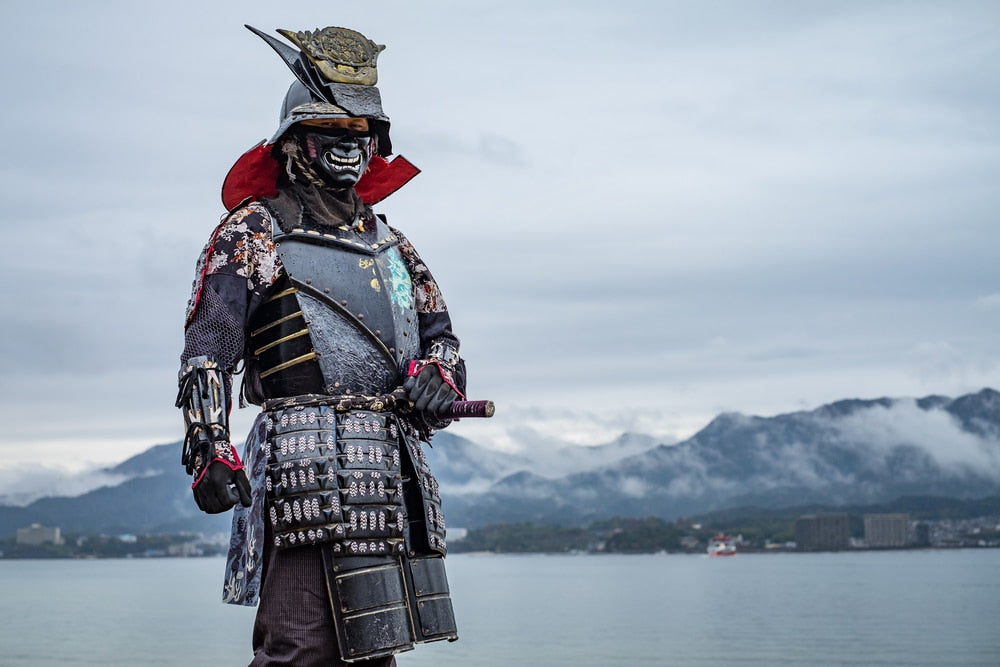
The Bushido code arose in Japan from the Samurai social class, the high-ranking Japanese warriors, who followed these ideals within their society. Inspired by Confucianism, which is a relatively conservative philosophy whose beliefs are based on the importance of loyalty and mission. Bushido contains 8 main rules or virtues, which the samurai had to maintain… Read more
JINEN – Philosophy of Ecological LIFE in JAPAN
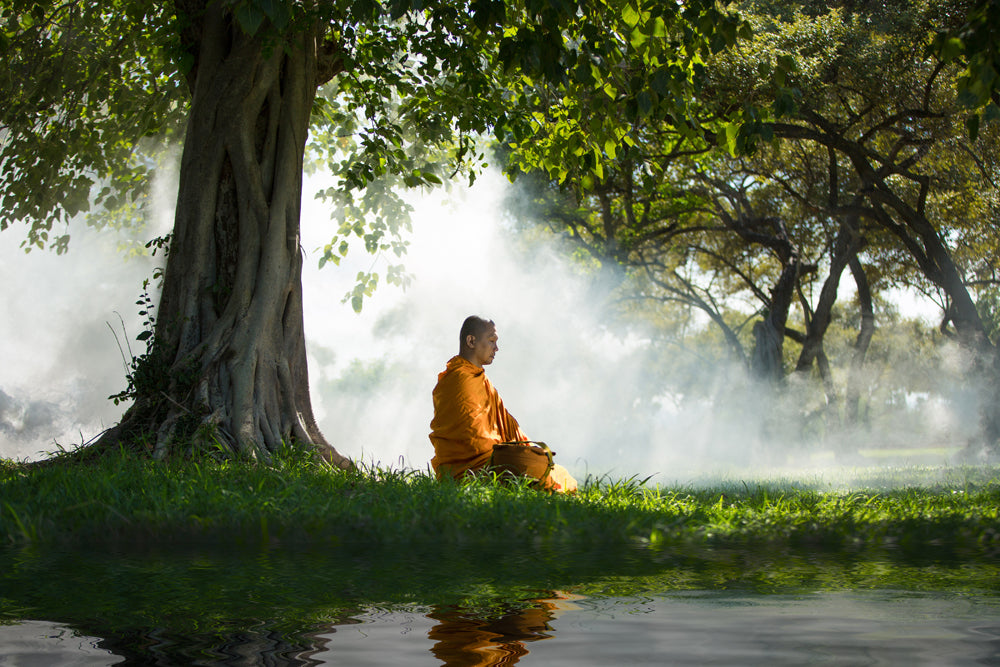
On this occasion we want to give you a green ecological touch if you have felt that call to be a little more environmentalist, ecologist, we can probably help you to have more ideas, or even to go a little further than what is normally known. And it is that what we want to talk… Read more
